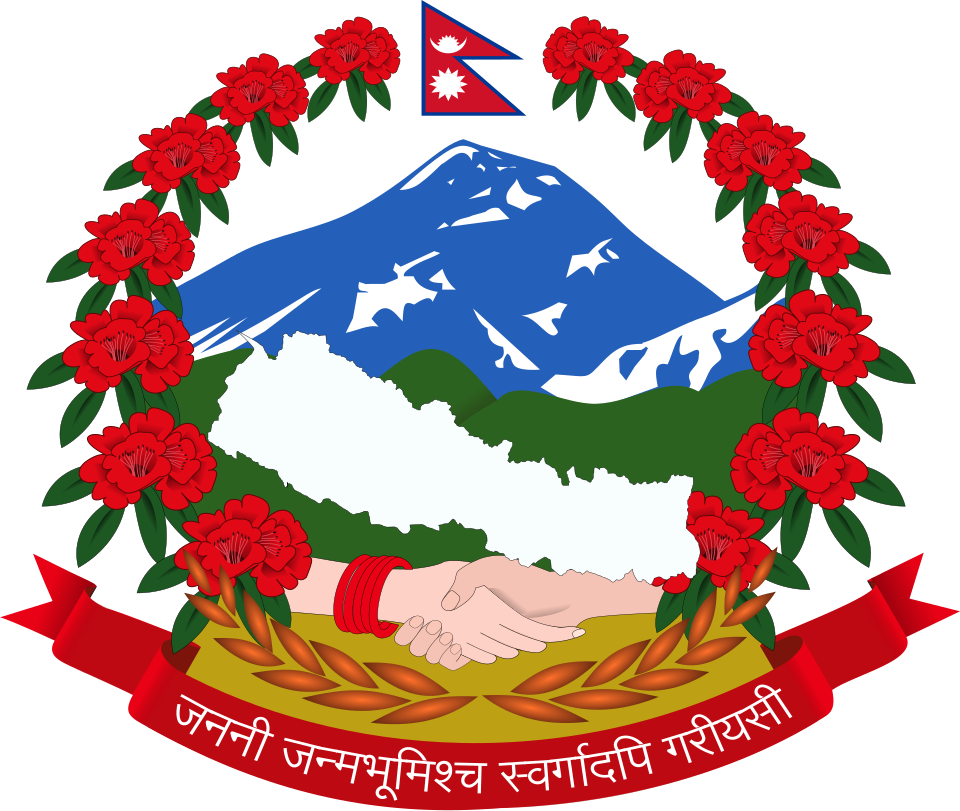Component 3: Enhanced Resilience of Communities to Climate Change
Component 2: Enhanced Resilience of Local Communities to Climate Change through a) community-based natural resource management such as community identification of adaptation interventions, support and demonstration of sustainable and climate-resilient agriculture and livestock practices, improved water management, strengthened management of community and leasehold forests, and b) Nature-based Solutions that reduce climate impacts and risks.
With GEF/LDCF financing of USD 7,945,559 and co-financing of USD 23,602,407, this will be the largest project component and will focus on field investments for technology transfer of climate-adaptive solutions in agriculture, livestock management and water management.
It will involve community training, farmer-to-farmer learning, extension skills training for government staff and private service providers in agriculture and livestock sectors, and field demonstrations, integrating Indigenous Knowledge and practices wherever appropriate (linkage to project component 3, wherein the project will support assessment and documentation of Indigenous Knowledge related to climate-adaptive practices). Basic equipment and material support will also be provided to the local communities for implementation of climate-adaptive technologies and practices.
These technologies and practices will help to transform and reorient the local farming system to a more resilient system that ensures food and livelihood security under a changing climate. To economically incentivize farmers to adopt technologies and practices that enhance the climate resilience of their livelihoods, the project will promote household-level, small-scale commercialization of crops and livestock produces emanating from climate-adaptive technologies and practices. This will be pursued through partnerships between the farmers and private sector based on a cooperative approach that protects the interest of the farmers whilst also attracting private sector to get involved.
The project will further support community forest users and leasehold forest groups with training, awareness building, technical backstopping and equipment/ materials, contributing to improved livelihoods whilst also addressing forest degradation, which exacerbate climate hazards and disasters such as landslides, soil erosion, floods and forest fires.
It will design and implement NbS interventions to arrest land degradation and mitigate climate disaster risks in areas/sites that are most vulnerable. In order to maintain focus and demonstrate tangible results, six critical catchment areas – Kyan Khola, Phulbari khola, Ghagar khola Dhungajor, Jalkeni Sakhauri, and Simale – have been identified for implementation of NbS interventions and community-based natural resource management taking into account upstream-downstream linkages. The approach will be to first introduce climate smart NbS interventions in the upstream problem areas and then move to midstream and downstream areas.
Project Framework - Component 3
| Project Components / Programs | Project Outcomes | Project Outputs |
|---|---|---|
| Component 3: Enhanced Resilience of Local Communities to Climate Change through a) community-based natural resource management such as community identification of adaptation interventions, support and demonstration of sustainable and climate-resilient agriculture and livestock practices, improved water management, strengthened management of community and leasehold forests, and b) Nature-based Solutions that reduce climate impacts and risks. |
Outcome 3.1:
Increased adaptive capacity of vulnerable households in the Marin Watershed to climate-induced disasters such as landslides, floods, droughts, and forest fire. Outcome 3.2: Nature-based Solutions (NbS) reduce climate-induced vulnerabilities of community livelihood resources and assets. |
Output 3.1.1:
Climate-adaptive technologies and practices for agriculture, livestock management and water management introduced and demonstrated. Output 3.1.2: Management of community and leasehold forests strengthened, and vulnerable catchment areas rehabilitated and protected for reduced vulnerability to climate-induced disaster risks such as landslides, sedimentation, flooding and forest fires. |


